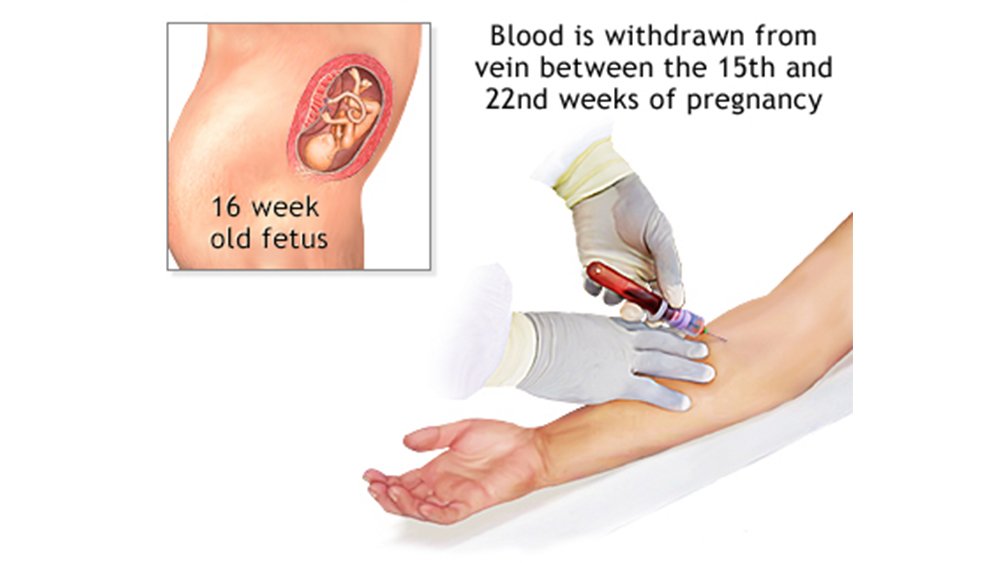
The Quadruple Test, also known as the Quad Marker Screen, is a blood test performed during pregnancy between 15 and 22 weeks. It measures the levels of four substances in your blood.
- Alpha-fetoprotein (AFP)
- Beta-human chorionic gonadotropin (hCG)
- Unconjugated estriol (uE3)
- Inhibin-A
Changes in these levels may indicate an increased risk of certain birth defects in the baby, such as:
- Down syndrome
- Trisomy 18 (Edwards syndrome)
- Open neural tube defects (NTDs) like spina bifida
Important Points to Remember:
- The Quadruple Test is a screening test, not a diagnostic test. It cannot definitely say whether your baby has a birth defect.
- An abnormal result on the Quadruple Test only means you have an increased risk. You may need further testing, such as amniocentesis or chorionic villus sampling (CVS), to confirm or rule out a diagnosis.
- The decision of whether or not to have further testing is a personal one, and you should discuss your options with your healthcare provider.
Remember, it’s always best to consult with your doctor for personalized advice about your specific situation and healthcare needs.


